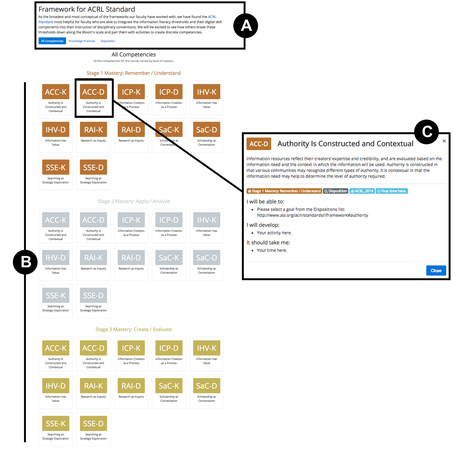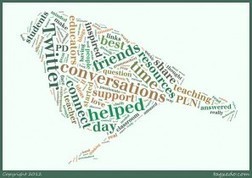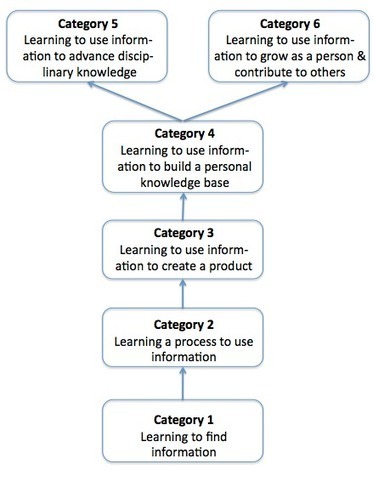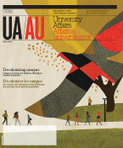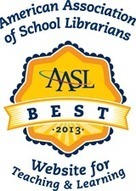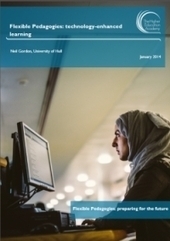On a recent OnEducation Podcast episode (embedded at the bottom of this post), the hosts Mike and Glen got into a debate about what exactly is the “right” model of support when it comes to technology integration in schools? As they called out my name in particular, I felt it best to write this post in response.
Make no bones about it…Technology is a gift with a tail. It’s predicted that schools will spend $19 Billion dollars on technology in schools. This can range from a variety of devices, apps, software and various “STEM” tools but not necessarily servers, wires, and all that stuff in the closet. Despite this large amount of money invested in technology, the amount of money to support and integrate these tools dwarfs the amount spent on the hardware and software. I’d also wager that a majority of that “support” money is primarily for personnel needed to repair and keep the technology running, not to integrate it into learning.
Via
Elizabeth E Charles



 Your new post is loading...
Your new post is loading...



